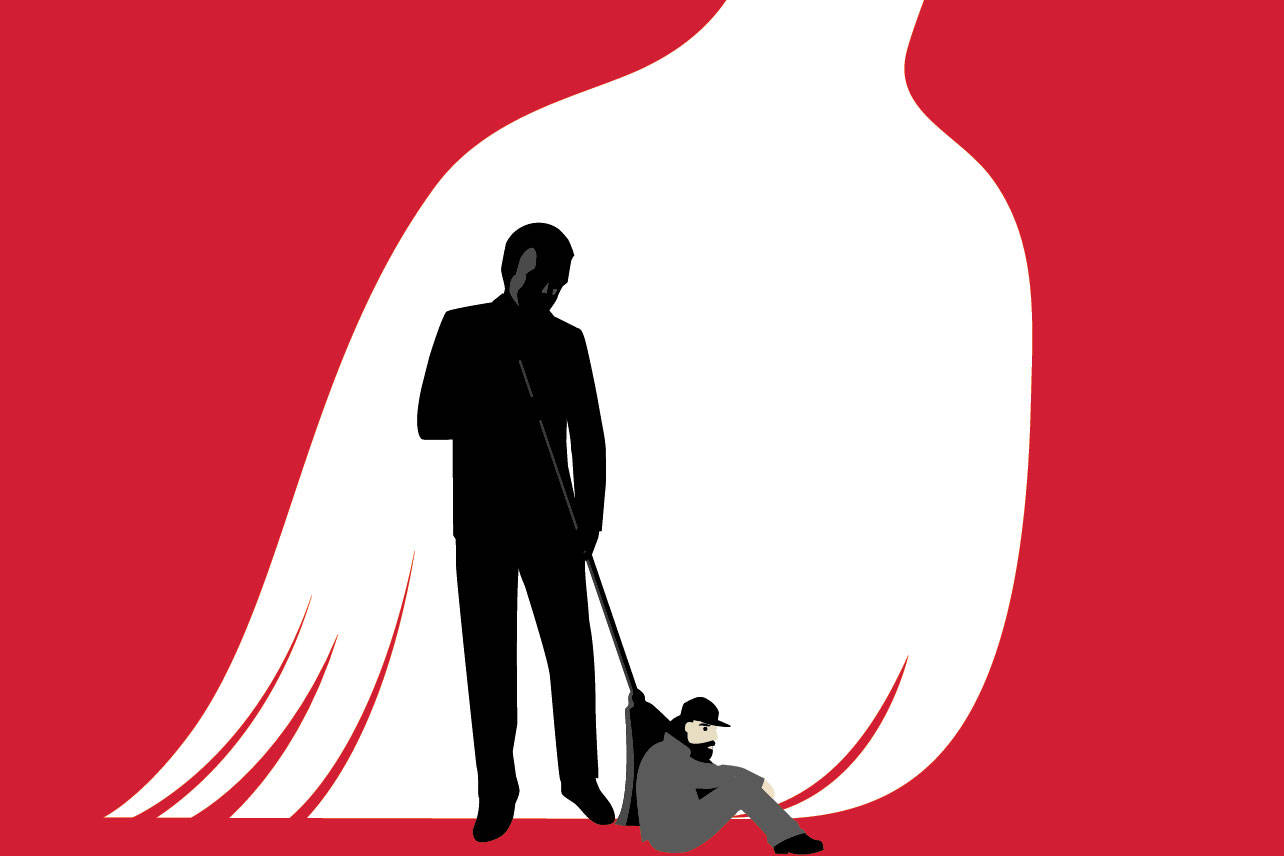President Donald Trump’s recent Sweden gaffe is another variation on a theme in his administration: his and his advisors’ clear urge to paint as bleak a picture of the world around us as possible. From the “American carnage” that Trump described during his inaugural address to the nonexistent “Bowling Green Massacre” described by Kellyanne Conway to, now, some terrible thing that supposedly happened in Sweden on Friday night that actually didn’t, there seems to be the world as it exists and the nightmare that the Trump administration describes, and—knock on wood—never the twain shall meet.
But while Trump certainly takes pessimism to an extreme, it’s not difficult to find a similar streak of compulsive negativity around everyday Seattle. As our breathtakingly beautiful city enjoys an economic boom of historic proportions, relatively low crime rates, and a plethora of still-vibrant neighborhoods, one needn’t look far to find someone willing to argue that the city’s gone to pot (and no, we’re not talking about Uncle Ike’s). After all, with the homelessness, the high housing costs, and, ugh, tech people, what’s there to love?
During his annual state-of-the-city address on Tuesday, Mayor Ed Murray provided an emphatic rejoinder: Plenty.
In what was explicitly framed as a rebuke to the cynicism embraced by Trump, Murray provided a litany of statistics about Seattle that, like a Trump speech, defies belief. However, these statistics are verified and true: Since 2010, downtown Seattle has added 45,000 jobs, while the city as a whole has added 90,000; the median household income sits at $80,000; unemployment is under 4 percent. All this while the city has made concerted efforts to welcome immigrants (through sanctuary-city legislation), promote wage equality (through the groundbreaking minimum-wage law), and create affordable housing (through the doubling of the city’s housing levy, passed by voters last year).
“Where the president spreads darkness, Seattle will shine a light, and offer a different vision,” Murray told the crowd at Idris Mosque in Northgate, even the speech location serving to rebuke the president.
Of course, the mayor is up for re-election this year, and has plenty of political incentive to cast the city he’s led for three years in as positive a light as possible. But that shouldn’t distract from the fact that he’s right: For all the grumbling we hear, for all the grumbling we take part in, Seattle is still a pretty damn good city to live in right now.
This isn’t to say we or the mayor are blind to the challenges facing us. Murray spent a good deal of his speech enumerating them, which we’ll get to in a moment. But to talk about the problems while ignoring what’s working is to risk losing the latter while trying to fix the former. In this way, Murray’s shameless Seattle boosterism is a welcome reminder of why we live here to begin with.
As for those problems: Murray rightly noted that wide swaths of Seattle are not taking part in the good times. He singled out two groups in particular, the homeless and young black men, and presented wide-ranging plans to lift both groups—including a new $55 million tax levy that he hopes to present to voters by August. The merits of these plans will be better evaluated as they get rolled out and the affected communities have a chance to judge the specifics. But, again, the rhetorical differences between what was heard at the North Seattle mosque on Tuesday and from the White House since January 20 are striking. Where Trump talks about deploying the National Guard to Chicago to—let’s put it bluntly—wage war on its black neighborhoods, Murray talked about mentorship and empowerment in the city—a “fight for young black men,” not a fight against.
It must be noted that for all the positivity, Murray did engage in some pessimism of his own, specifically in describing homeless encampments. As his administration squares off against the ACLU and other civil-rights groups over the clearing-out and herding of those living outside, Murray described in his speech “dystopian scenes on the streets,” “disarray on our sidewalks,” and “unsafe encampments.” As Murray promises to “dramatically increase the cleanup of discarded debris on our sidewalks and streets,” we must remain mindful that one man’s “dystopian scene” is another man’s home.
But on the whole, the speech was a much-needed call for optimism in what many try to insist are dark times—a reminder that, as in Sweden and Bowling Green, things here in Seattle aren’t so bad.
editorial@seattleweekly.com





